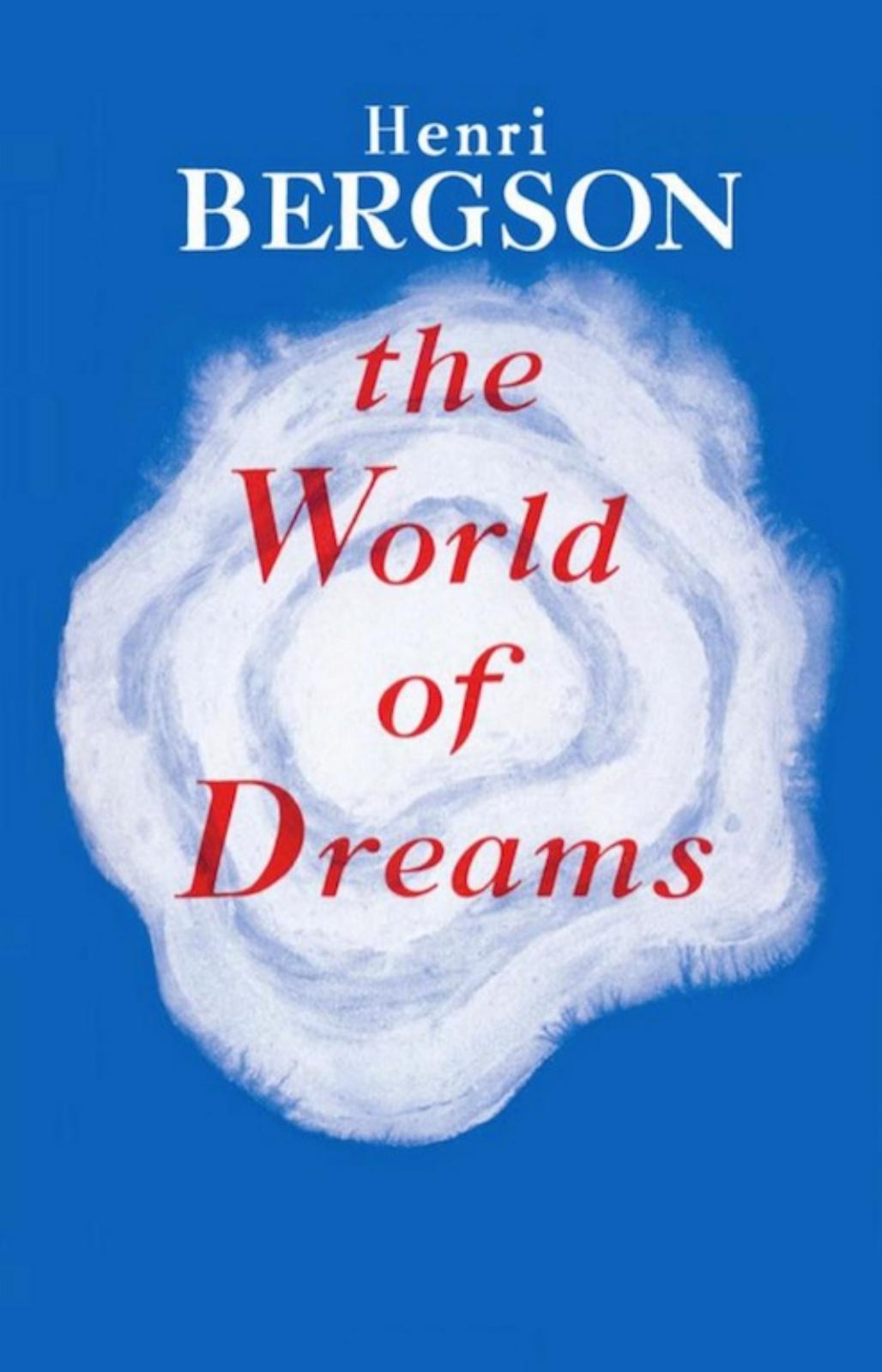The World of Dreams by Henri Bergson

Author:Henri Bergson [Bergson, Henri]
Language: eng
Format: epub, pdf
Publisher: Philosophical Library/Open Road
Published: 2013-10-07T16:00:00+00:00
But precisely what is the essential difference between perceiving and dreaming? What does it mean to sleep? Needless to say, I am not asking for a physiological explanation of sleep. That is a special issue and one that is in addition far from being resolved. I am asking for a psychological explanation of sleep. For our mind continues to function while we sleep; it functions, as we have just seen, with elements similar to those used during the waking state—with sensations and remembrances; and in much the same way it puts them together. Yet on the one hand we have normal perception and on the other, dreams. What, then, I repeat, is the difference between them? And what is the psychological basis of sleep?
Theories are to be regarded with distrust. And there are many theories of sleep. One theory is that sleeping consists in isolating ourselves from the external world, in closing our senses to things from the outside. But I have shown that our senses continue to function during sleep, that they provide us with the rough outlines or at least the starting point for most of our dreams. Falling asleep, according to some people, means stopping the functioning of the higher mental faculties. And they talk of some kind of temporary paralysis of the higher cerebral centers. I do not believe that this is much closer to the truth. In our dreams we of course become indifferent to logic, but we do not become incapable of exercising it. In some dreams we reason soundly and even subtly. I would almost say—at the risk of seeming paradoxical—that the dreamer’s mistake is in reasoning too much. He would rule out folly if he acted merely as a spectator attending the parade staged by the images in his dreams. But he is certain to resort to whimsical reasoning bordering on foolishness when he makes every effort to explain what he sees, for then he must tie together incoherent images. I am of course aware of the fact that our higher intellectual faculties flag during sleep and that for the most part the dreamer’s powers of reasoning are so weak as to seem at times like a parody of reasoning. But as much could be said of every other faculty during sleep. Dreams are therefore characterized neither by the abolition of reasoning nor by the closing of the senses. The answer must be sought elsewhere.
Something more than theories is required. We must come directly into contact with the facts. Researchers must use themselves as subjects in conclusive experiments. On coming out of a dream—for he can hardly analyze himself while the dream is in progress—the subject should watch for the transition between sleeping and waking, clinging as tightly as possible to the transition, and then force himself to express in words all that he has experienced during the transition. That is very difficult, but it can be accomplished through attentiveness. Allow me to borrow from my own experience and relate both a recent dream and what was accomplished on coming out of the dream.
Download
This site does not store any files on its server. We only index and link to content provided by other sites. Please contact the content providers to delete copyright contents if any and email us, we'll remove relevant links or contents immediately.
Aircraft Design of WWII: A Sketchbook by Lockheed Aircraft Corporation(32279)
The Great Music City by Andrea Baker(31915)
Call Me by Your Name by André Aciman(20489)
The Secret History by Donna Tartt(19039)
The Art of Boudoir Photography: How to Create Stunning Photographs of Women by Christa Meola(18612)
Shoot Sexy by Ryan Armbrust(17720)
Plagued by Fire by Paul Hendrickson(17402)
Portrait Mastery in Black & White: Learn the Signature Style of a Legendary Photographer by Tim Kelly(16996)
Adobe Camera Raw For Digital Photographers Only by Rob Sheppard(16968)
Photographically Speaking: A Deeper Look at Creating Stronger Images (Eva Spring's Library) by David duChemin(16678)
Ready Player One by Cline Ernest(14636)
Pimp by Iceberg Slim(14481)
Bombshells: Glamour Girls of a Lifetime by Sullivan Steve(14048)
The Goal (Off-Campus #4) by Elle Kennedy(13651)
Art Nude Photography Explained: How to Photograph and Understand Great Art Nude Images by Simon Walden(13031)
Kathy Andrews Collection by Kathy Andrews(11810)
The Priory of the Orange Tree by Samantha Shannon(9058)
The remains of the day by Kazuo Ishiguro(8969)
Thirteen Reasons Why by Jay Asher(8887)
